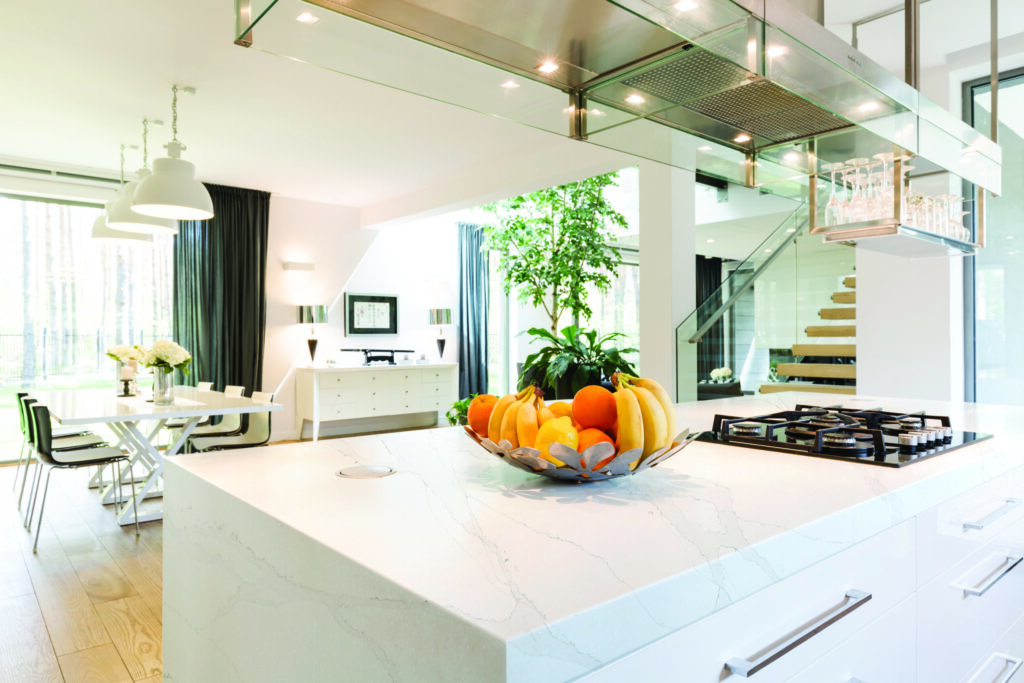In the realm of modern kitchen design, the demand for resilient and heat-resistant countertop options has surged, giving rise to a plethora of innovative materials that seamlessly combine durability with aesthetic appeal. The pursuit of the perfect kitchen countertop involves a delicate balance between functionality and style, and the concept of Radiant Resilience encapsulates this union beautifully. One standout option in this category is engineered quartz, a man-made stone that marries the robustness of natural quartz with the flexibility of resins. With its exceptional heat resistance, engineered quartz can withstand high temperatures, making it an ideal choice for busy kitchens where cooking often involves exposure to intense heat. Its non-porous surface is also resistant to stains and bacteria, ensuring a hygienic and easy-to-maintain kitchen environment. For those who crave the timeless allure of natural stone, granite remains a stalwart in the realm of heat-resistant countertops. Renowned for its durability and resistance to heat, granite can endure the rigors of a bustling kitchen without losing its luster.

Its unique veining patterns and color variations add an element of sophistication to any kitchen space. Granite’s heat resistance is attributed to its mineral composition, which enables it to withstand the impact of hot pots and pans without sustaining damage. Additionally, granite countertops are relatively low-maintenance, requiring only periodic sealing to maintain their radiant finish. Another entrant in the Radiant Resilience lineup is porcelain countertops. Evolving beyond its traditional role as a flooring material, porcelain has emerged as a formidable contender for kitchen countertops due to its impressive heat resistance, scratch resistance, and non-porous nature. The manufacturing process involves firing porcelain at extremely high temperatures, resulting in a dense and durable surface that can withstand the demands of a bustling kitchen. Beyond its functional attributes, porcelain offers a wide array of design possibilities, mimicking the appearance of natural stone or showcasing bold, contemporary patterns. In recent years, innovative materials like ultra-compact surfaces, such as Dekton and Neolith, have garnered attention for their exceptional heat resistance and resilience.
Their uniform composition eliminates the risk of thermal shock, making them particularly suitable for kitchens where the rapid transition from hot to cold is common visit the site for more reference. Ultra-compact surfaces also boast resistance to scratches, UV rays, and stains, making them an appealing choice for homeowners seeking a countertop that can withstand the test of time while exuding modern elegance. In conclusion, the exploration of heat-resistant kitchen countertop options under the theme of Radiant Resilience reveals a diverse landscape of materials that not only endure the heat of the culinary arena but also elevate the overall aesthetic of the kitchen space. Whether opting for the natural elegance of granite, the modern appeal of engineered quartz, the versatility of porcelain, or the cutting-edge technology of ultra-compact surfaces, homeowners can now tailor their kitchen countertops to reflect both their functional needs and design preferences, creating a space that seamlessly blends durability with beauty.